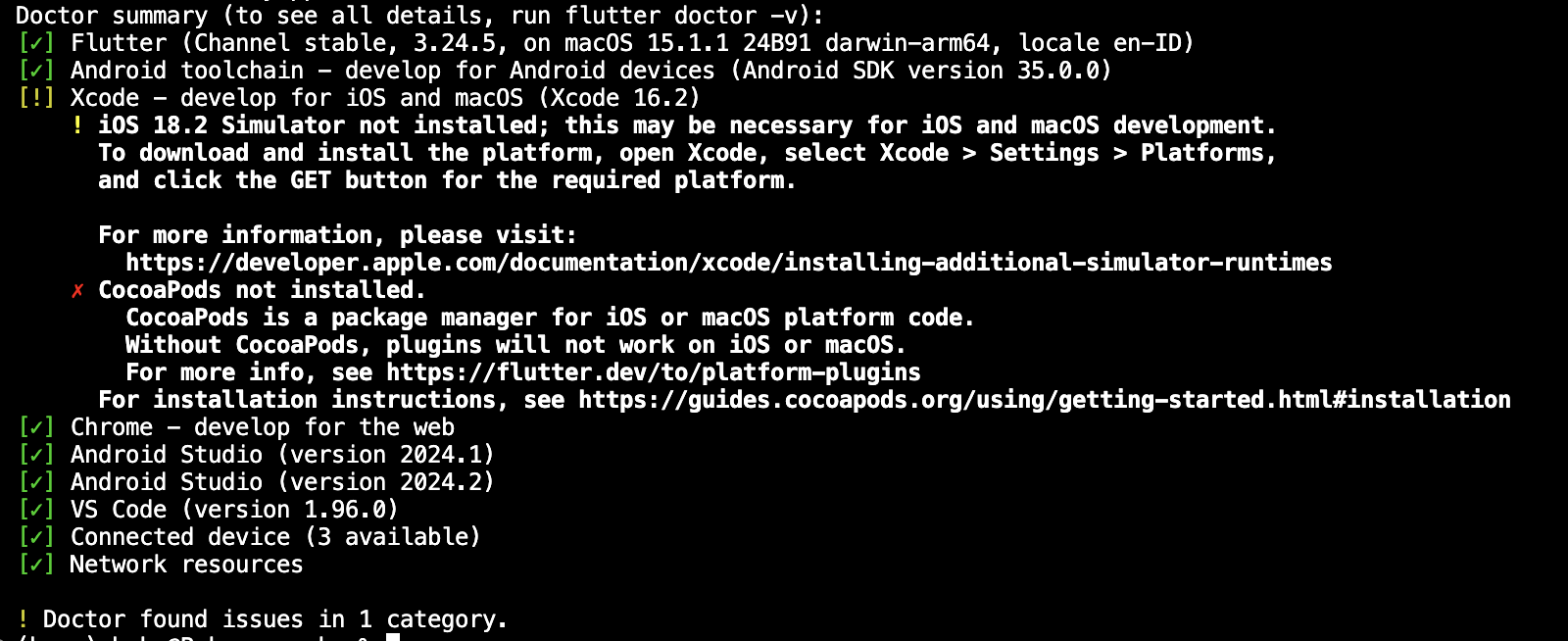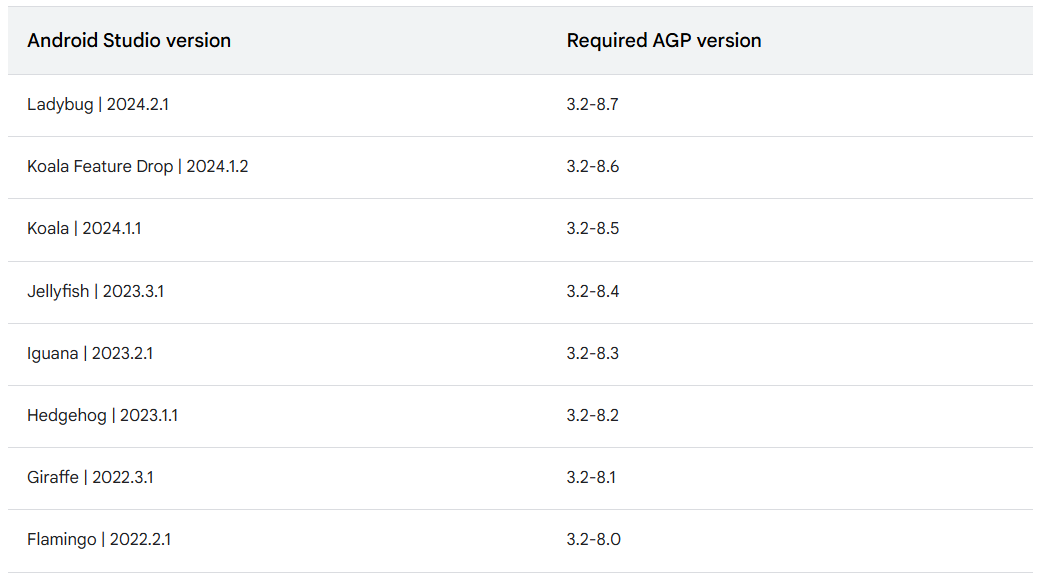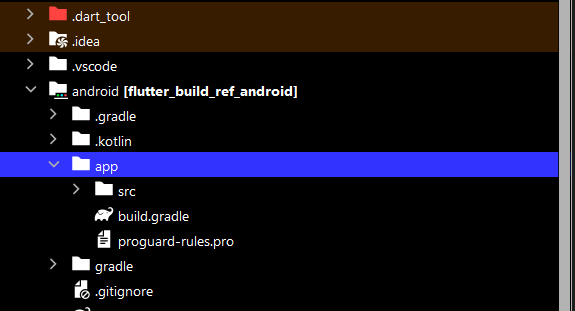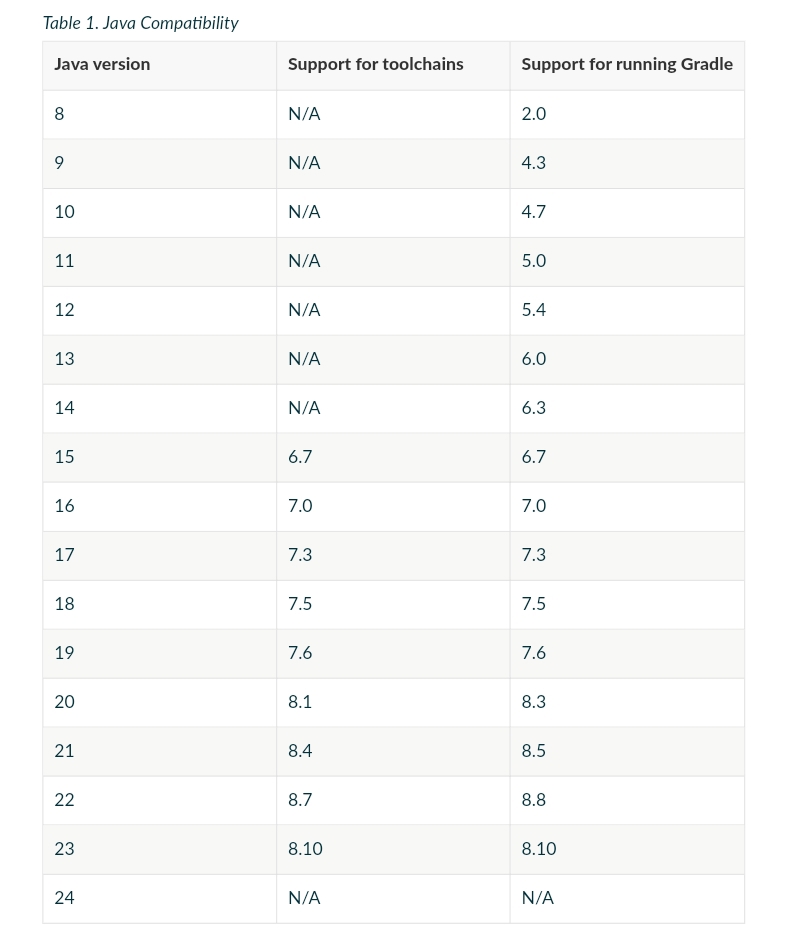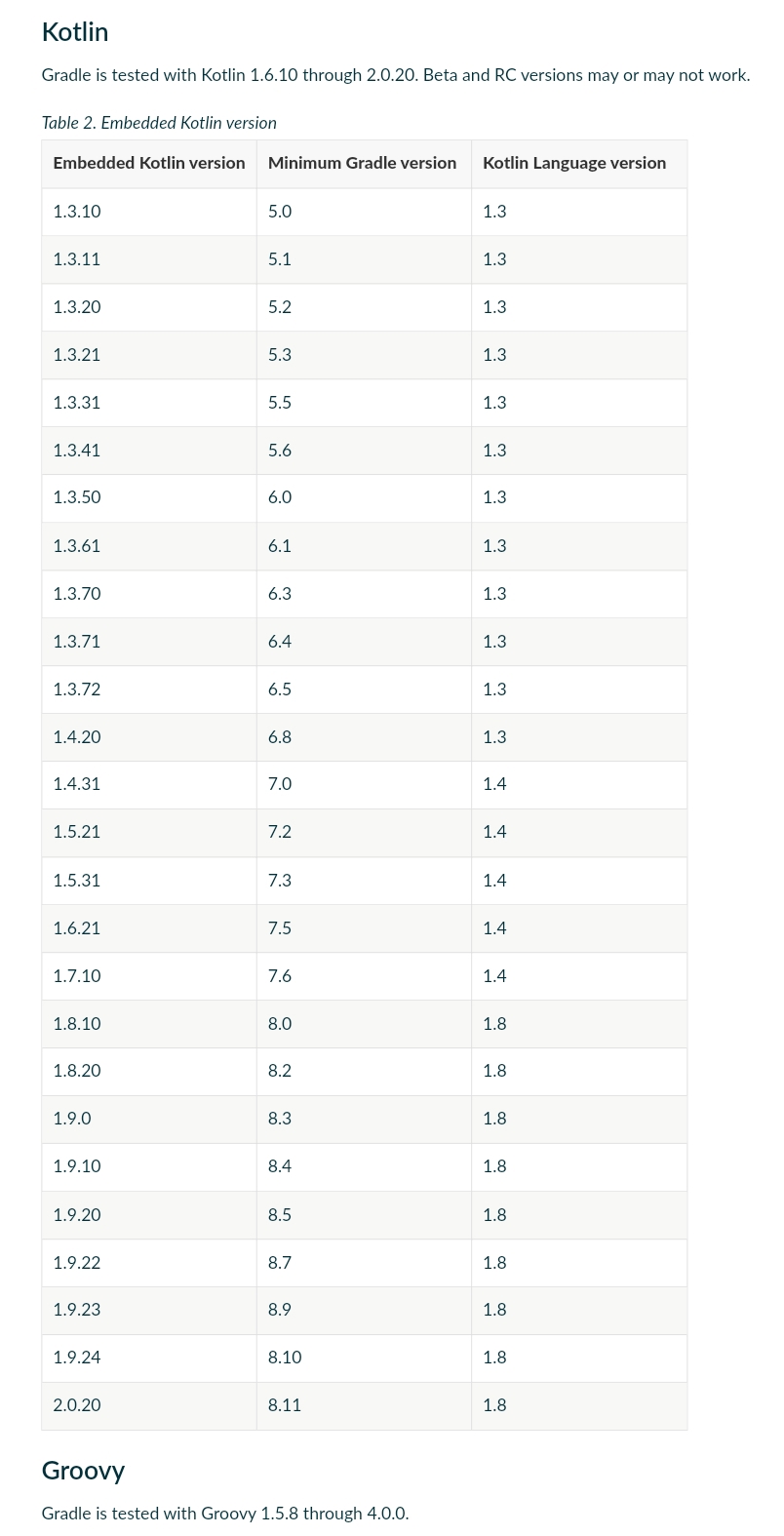There was a problem building the apk and appbundle projects
I tried using the flutter_tflite: ^1.0.1 package to build a real-time object detection app. Everything worked fine when I tested it on the emulator. However, when I tried to build it into an APK and app bundle, the following error occurred:
Execution failed for task ':flutter_tflite:verifyReleaseResources'.
> A failure occurred while executing com.android.build.gradle.tasks.VerifyLibraryResourcesTask$Action
> Android resource linking failed
ERROR: /Users/baka/Documents/Application/llenn/myappku/build/flutter_tflite/intermediates/merged_res/release/mergeReleaseResources/values/values.xml:194: AAPT: error: resource android:attr/lStar not found.
app/build.gradle
plugins {
id "com.android.application"
id "kotlin-android"
// The Flutter Gradle Plugin must be applied after the Android and Kotlin Gradle plugins.
id "dev.flutter.flutter-gradle-plugin"
}
android {
namespace = "com.example.myappku"
compileSdk = 35
ndkVersion = flutter.ndkVersion
compileOptions {
sourceCompatibility = JavaVersion.VERSION_1_8
targetCompatibility = JavaVersion.VERSION_1_8
}
kotlinOptions {
jvmTarget = JavaVersion.VERSION_1_8
}
signingConfigs {
release {
keyAlias = "sipisang"
keyPassword = "Bakachi2024"
storeFile = file("/Users/baka/Documents/aplikasi/keystore/sipisang.jks")
storePassword = "Bakachi2024"
}
}
defaultConfig {
// TODO: Specify your own unique Application ID (https://developer.android.com/studio/build/application-id.html).
applicationId = "com.example.myappku"
// You can update the following values to match your application needs.
// For more information, see: https://flutter.dev/to/review-gradle-config.
minSdk = 23
targetSdk = flutter.targetSdkVersion
versionCode = flutter.versionCode
versionName = flutter.versionName
}
buildTypes {
release {
// TODO: Add your own signing config for the release build.
// Signing with the debug keys for now, so `flutter run --release` works.
minifyEnabled true
// useProguard true
shrinkResources true
proguardFiles getDefaultProguardFile('proguard-android.txt'), 'proguard-rules.pro'
signingConfig = signingConfigs.release
}
}
aaptOptions {
noCompress 'tflite'
noCompress 'lite'
}
}
flutter {
source = "../.."
}
gradle-wrapper.properties
distributionBase=GRADLE_USER_HOME
distributionPath=wrapper/dists
zipStoreBase=GRADLE_USER_HOME
zipStorePath=wrapper/dists
distributionUrl=https\://services.gradle.org/distributions/gradle-8.3-all.zip
settings.gradle
pluginManagement {
def flutterSdkPath = {
def properties = new Properties()
file("local.properties").withInputStream { properties.load(it) }
def flutterSdkPath = properties.getProperty("flutter.sdk")
assert flutterSdkPath != null, "flutter.sdk not set in local.properties"
return flutterSdkPath
}()
includeBuild("$flutterSdkPath/packages/flutter_tools/gradle")
repositories {
google()
mavenCentral()
gradlePluginPortal()
}
}
plugins {
id "dev.flutter.flutter-plugin-loader" version "1.0.0"
id "com.android.application" version "8.1.4" apply false
id "org.jetbrains.kotlin.android" version "2.0.21" apply false
}
include ":app"
android/build.gradle
allprojects {
repositories {
google()
mavenCentral()
}
}
rootProject.buildDir = "../build"
subprojects {
project.buildDir = "${rootProject.buildDir}/${project.name}"
}
subprojects {
project.evaluationDependsOn(":app")
}
tasks.register("clean", Delete) {
delete rootProject.buildDir
}
flutter doctor
What can I try next?
In android/app/build.gradle, add the following setting in the android block.
aaptOptions {
noCompress 'tflite'
noCompress 'lite'
}
So you have to configure your app/build.gradle into:
plugins {
id "com.android.application"
id "kotlin-android"
// The Flutter Gradle Plugin must be applied after the Android and Kotlin Gradle plugins.
id "dev.flutter.flutter-gradle-plugin"
}
def keystoreProperties = new Properties()
def keystorePropertiesFile = rootProject.file('key.properties')
if (keystorePropertiesFile.exists()) {
keystoreProperties.load(new FileInputStream(keystorePropertiesFile))
}
android {
namespace = "com.example.myappku"
compileSdk = flutter.compileSdkVersion
ndkVersion = "27.0.12077973"
compileOptions {
sourceCompatibility = JavaVersion.VERSION_1_8
targetCompatibility = JavaVersion.VERSION_1_8
}
kotlinOptions {
jvmTarget = JavaVersion.VERSION_1_8
}
defaultConfig {
// TODO: Specify your own unique Application ID (https://developer.android.com/studio/build/application-id.html).
applicationId = "com.example.myappku"
// You can update the following values to match your application needs.
// For more information, see: https://flutter.dev/to/review-gradle-config.
minSdk = flutter.minSdkVersion
targetSdk = flutter.targetSdkVersion
versionCode = flutter.versionCode
versionName = flutter.versionName
}
signingConfigs {
release {
keyAlias = keystoreProperties['keyAlias']
keyPassword = keystoreProperties['keyPassword']
storeFile = keystoreProperties['storeFile'] ? file(keystoreProperties['storeFile']) : null
storePassword = keystoreProperties['storePassword']
}
}
buildTypes {
release {
minifyEnabled true
shrinkResources true
proguardFiles getDefaultProguardFile(
'proguard-android-optimize.txt'),
'proguard-rules.pro'
// TODO: Add your own signing config for the release build.
// Signing with the debug keys for now, so `flutter run --release` works.
signingConfig = signingConfigs.release
}
}
aaptOptions {
noCompress 'tflite'
noCompress 'lite'
}
}
flutter {
source = "../.."
}
Then rebuild your project.
Please consider this version matrix based on the Android Studio version:
Here's the source.
Update
Here's what I perform to resolve the exception:
Execution failed for task ':app:minifyReleaseWithR8'
Add this to your proguard-rules.pro file:
# Ignore Play Core dynamic features if not used
-dontwarn com.google.android.play.core.**
-dontwarn io.flutter.embedding.engine.deferredcomponents.**
# Prevent R8 from removing these classes (if referenced)
-keep class com.google.android.play.core.** { *; }
-keep class io.flutter.embedding.engine.deferredcomponents.** { *; }
Before building a release build of an APK, I perform these commands first:
flutter clean
flutter pub get
cd android
./gradlew build
Here's what I've got:
PS C:\path_to_your_app\android> flutter build apk --split-per-abi Changing current working directory to: C:\path_to_your_app
Font asset "MaterialIcons-Regular.otf" was tree-shaken, reducing it from 1645184 to 1384 bytes (99.9% reduction). Tree-shaking can be disabled by providing the --no-tree-shake-icons flag when building your app. Running Gradle task 'assembleRelease'...
21.4s √ Built build\app\outputs\flutter-apk\app-armeabi-v7a-release.apk (11.2MB) √ Built build\app\outputs\flutter-apk\app-arm64-v8a-release.apk (13.8MB) √ Built build\app\outputs\flutter-apk\app-x86_64-release.apk (14.9MB)
ADDITIONALLY
Add first your proguard-rules.pro file, if it is not yet added to your project.
In your Android Studio, right-click on the app directory, select New > File, then type proguard-rules.pro to add the file.
Here's my build configuration:
proguard-rules.pro file
#Flutter Wrapper
-keep class io.flutter.app.** { *; }
-keep class io.flutter.plugin.** { *; }
-keep class io.flutter.util.** { *; }
-keep class io.flutter.view.** { *; }
-keep class io.flutter.** { *; }
-keep class io.flutter.plugins.** { *; }
# Ignore Play Core dynamic features if not used
-dontwarn com.google.android.play.core.**
-dontwarn io.flutter.embedding.engine.deferredcomponents.**
# Prevent R8 from removing these classes (if referenced)
-keep class com.google.android.play.core.** { *; }
-keep class io.flutter.embedding.engine.deferredcomponents.** { *; }
gradle-wrapper.properties file
distributionBase=GRADLE_USER_HOME
distributionPath=wrapper/dists
zipStoreBase=GRADLE_USER_HOME
zipStorePath=wrapper/dists
distributionUrl=https\://services.gradle.org/distributions/gradle-8.3-all.zip
settings.gradle file
pluginManagement {
def flutterSdkPath = {
def properties = new Properties()
file("local.properties").withInputStream { properties.load(it) }
def flutterSdkPath = properties.getProperty("flutter.sdk")
assert flutterSdkPath != null, "flutter.sdk not set in local.properties"
return flutterSdkPath
}()
includeBuild("$flutterSdkPath/packages/flutter_tools/gradle")
repositories {
google()
mavenCentral()
gradlePluginPortal()
}
}
plugins {
id "dev.flutter.flutter-plugin-loader" version "1.0.0"
id "com.android.application" version "8.1.4" apply false
id "org.jetbrains.kotlin.android" version "2.0.21" apply false
}
include ":app"
app/build.gradle file
plugins {
id "com.android.application"
id "kotlin-android"
// The Flutter Gradle Plugin must be applied after the Android and Kotlin Gradle plugins.
id "dev.flutter.flutter-gradle-plugin"
}
android {
namespace = "com.example.flutter_build_ref"
compileSdk = 35 // flutter.compileSdkVersion
ndkVersion = flutter.ndkVersion
compileOptions {
sourceCompatibility = JavaVersion.VERSION_1_8
targetCompatibility = JavaVersion.VERSION_1_8
}
kotlinOptions {
jvmTarget = JavaVersion.VERSION_1_8
}
signingConfigs {
release {
keyAlias = "dummyKeyAlias"
keyPassword = "dummypw"
storeFile = file("C:/your_predefined_path/dummyKeyStore/keystore.jks")
storePassword = "dummypw"
}
}
defaultConfig {
// TODO: Specify your own unique Application ID (https://developer.android.com/studio/build/application-id.html).
applicationId = "com.example.flutter_build_ref"
// You can update the following values to match your application needs.
// For more information, see: https://flutter.dev/to/review-gradle-config.
minSdk = 23 // flutter.minSdkVersion
targetSdk = flutter.targetSdkVersion
versionCode = flutter.versionCode
versionName = flutter.versionName
}
buildTypes {
release {
// TODO: Add your own signing config for the release build.
// Signing with the debug keys for now, so `flutter run --release` works.
minifyEnabled true
// useProguard true
shrinkResources true
proguardFiles getDefaultProguardFile('proguard-android.txt'), 'proguard-rules.pro'
signingConfig = signingConfigs.release
}
}
aaptOptions {
noCompress 'tflite'
noCompress 'lite'
}
}
flutter {
source = "../.."
}
NOTE: For testing purposes, I've decided to create a dummy key store.
I am using Android Studio Koala | 2024.1.1, but you can test my build in your updated Android Studio version (only if introduce other exception).
To answer the question,
Does the version of Java also have an impact?
Here's the reference:
Java
Kotlin
Source: Compatibility Matrix.
Note: Based on my observation while dealing with gradle, kotlin, and java compatibilities. You have to understand what is the meaning of the exception logs coming from your app, before you adjust your certain tools version. Don't forget to perform cleaning of caches while you are having struggles with your build. Sometimes, it introduces conflict with the cache build. Restarting your Android Studio IDE isn't always necessary.
Tips: always read official tools documentation from which you are dealing with.
Here's the supporting reference to somehow help you to deal with build issues.
I hope it helps!
- Exceptions for android 6/5 users after updating to latest version Google Play Billing Library (7.1.1)
- Flutter - save file to download folder - downloads_path_provider
- Could not load module metadata from
- Broadcast intent android.intent.action.BOOT_COMPLETED received every single time I run / update the app. Why?
- How to unscape text from database in android studio
- How to replace the deprecated kotlinOptions in a java-library & kotlin module?
- Android BLE Gatt connection change statuses
- Can Bubble.io be used to create mobile apps, including backend, frontend, and releasing native apps?
- Issues with Geckoview (Firefox webview) Graddle conflict (lollipop version)
- Is there an alternative to webview setInitialScale in GeckoView in Android
- Not able to use Coil library in Android View project with mixed Java-Kotlin code
- Mozilla Firefox Add-on Android - Page Action not working
- Load image from url
- How to scroll the RecyclerView programatically by a specific pixels?
- Can I use adb to change the default launcher program?
- How to convert Drawables to ImageVector to use as custom icons for NavigationBar?
- How to setup Android WebView to make it work identically Android browser?
- How to use LazyVerticalStaggeredGrid in scrollable column in jetpack compose?
- How to fix LinearProgressBar
- You uploaded a debuggable APK. For security reasons you need to disable debugging before it can be published in Google Play-Upload apk to google play
- compose.material3 TopAppBar has a color transition effect when switching between light and dark mode
- Confused about compileSdk vs minSdK: How is it possible, that it runs on very old devices?
- BackHandler on Compose Multiplatform (Android and iOS)
- How to use startNativeTracing
- Local notificaitons for flutter only works on emulator but not a real Android device?
- get launchable activity name of package from adb
- Android: MVVM and separation of concerns
- Update single item GoolgeMap Cluster
- How to record Android device's screen on Android version below 4.4 (KitKat)
- rememberSystemUiController Deprecated
